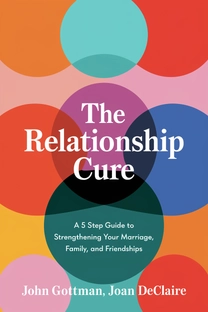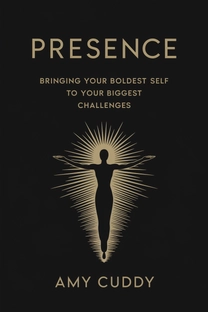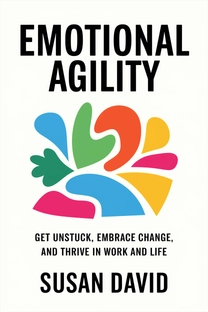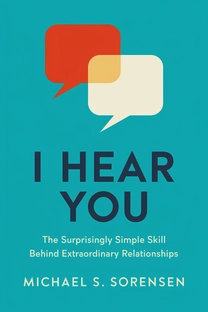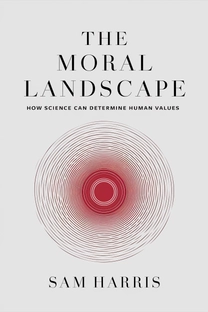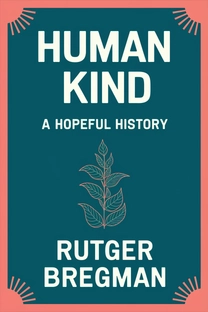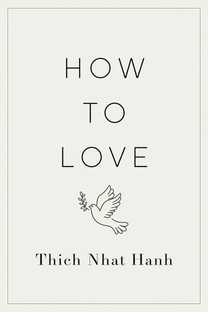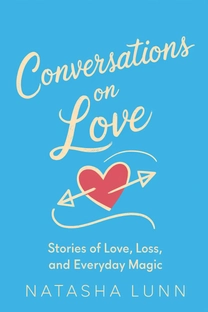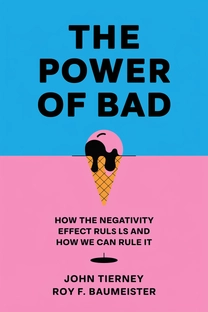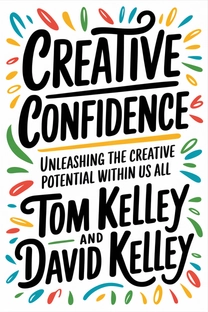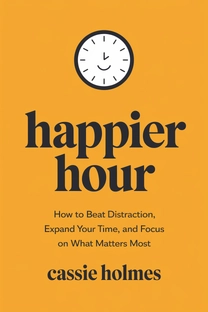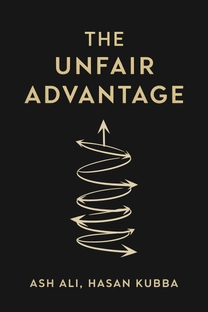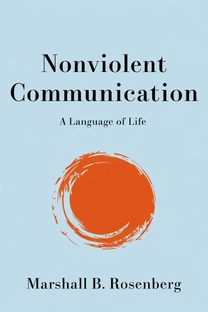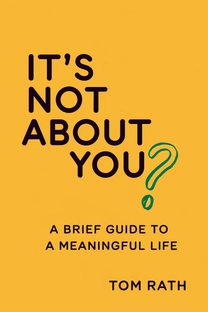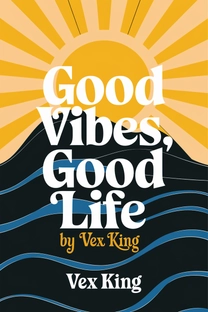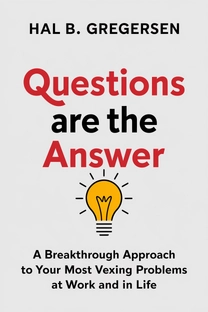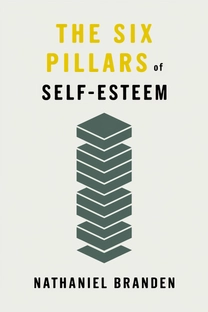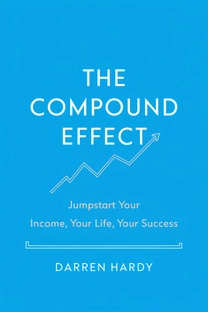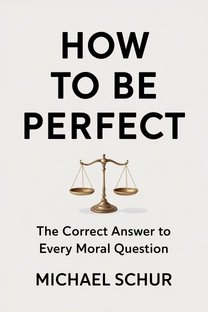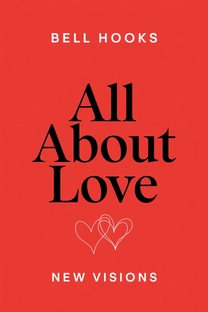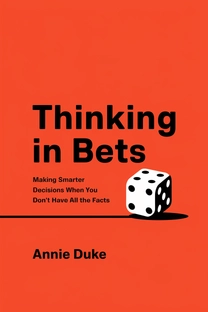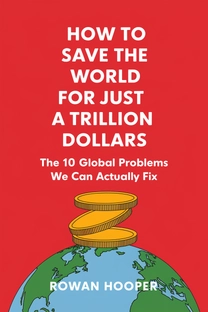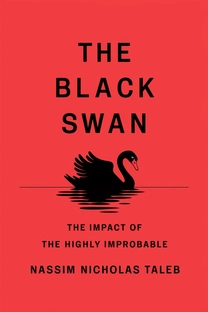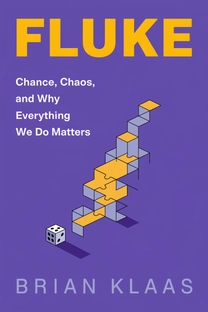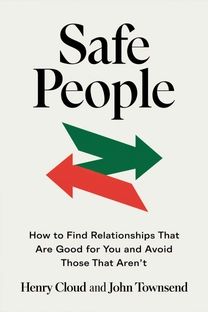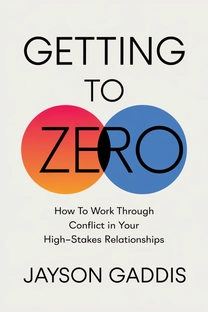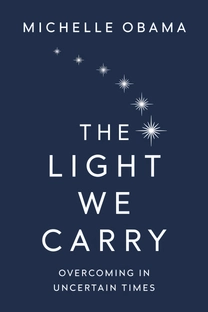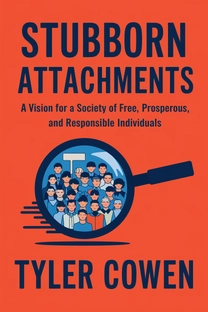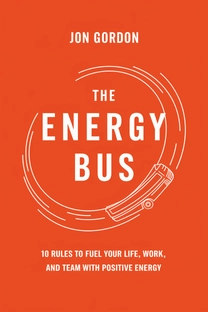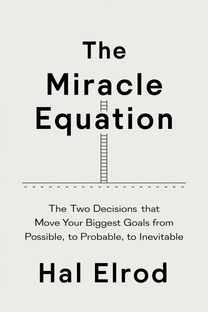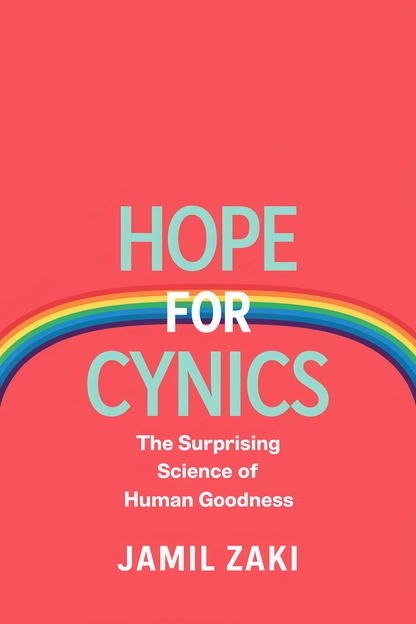
Hope for Cynics
The Surprising Science of Human Goodness
by Jamil Zaki
Brief overview
This book explores why many people choose cynicism and how it often masks our genuine capacity for empathy and cooperation. It shows that, while mistrust can protect us from being hurt, it can also prevent us from finding purpose, cultivating connection, and building a more hopeful future.
Introduction
Cynicism often poses as clever realism, holding us back from seeing humanity’s best qualities. What if our tendency to doubt each other's intentions is a learned habit, deeply shaped by our experiences and the stories we tell ourselves? This book begins with that question, inviting us to examine whether cynicism is really the final truth about human nature.
Across decades of research, we see that trust and cooperation are more common than we assume. Yet our headlines, social media feeds, and personal fears highlight worst-case scenarios and betrayals. The result is a negativity bias that often blinds us to the everyday kindness and possibility unfolding around us.
Here, you’ll find stories of people who learned to push back against these biases and reclaim a sense of hope in each other. By grasping how cynicism takes root in our minds, we can begin the work of challenging it. The goal is not naive optimism, but rather a measured approach that detects genuine threats while remaining open to the good that really does exist.
The Nature of Cynicism
Cynicism is the belief that people are fundamentally out for themselves. It's easy to adopt when we hear about predatory behavior or personally suffer betrayal. Research shows, however, that cynics often misread cues, overestimating the likelihood of deception.
Crucially, cynicism isn’t the same as thoughtful skepticism. Skepticism keeps us curious and open to updating our beliefs. Cynicism simply assumes the worst, closing doors to new experiences and relationships. It can protect us briefly, but ultimately cuts us off from community and opportunities for growth.
In one study, participants scored on a ‘cynical beliefs’ scale. Those with higher scores not only distrusted strangers more but also missed out on positive social interactions, leaving them lonelier and less resilient. The data highlight a vicious cycle: cynics push others away, then take that rejection as further proof of their distrust.
What is Hope for Cynics about?
"Hope for Cynics: The Surprising Science of Human Goodness" by Jamil Zaki dives into the heart of prevalent cynicism, a worldview that often sees humanity's flaws overshadowing its virtues. Zaki presents an engaging exploration of why people tend to favor cynicism as a protective mechanism, obscuring their innate ability for empathy and cooperation. With a meticulous blend of research and storytelling, this book unveils how adopting a more hopeful stance can revitalize our connections and infuse purpose into our lives.
Throughout the narrative, Zaki confronts our ingrained negativity bias, revealing how our media and experiences disproportionately highlight human malice over kindness. The author challenges readers to reconsider this skewed perception, bolstering his argument with evidence showcasing humanity's capacity for goodness. By presenting practical strategies and real-world examples, "Hope for Cynics" becomes a vital resource for those seeking to reclaim a balanced and hopeful perspective amidst today's barrage of pessimistic narratives.
Review of Hope for Cynics
In "Hope for Cynics," Jamil Zaki has crafted a poignant and insightful examination of how skepticism about human nature pervades our society. One of the book's key strengths is its accessibility; Zaki deftly combines scientific research with compelling personal anecdotes, making the narrative engaging for readers from various backgrounds. His exploration of the so-called "cynical genius illusion"—where we mistakenly equate cynicism with wisdom—is particularly thought-provoking, urging introspection about our own biases.
Zaki does an exceptional job in highlighting practical strategies to counter cynicism, suggesting ways to challenge personal assumptions and embrace trust. These strategies are not just theoretical; they offer tangible takeaways applicable in everyday life and broader social contexts. The author's writing style is conversational yet authoritative, making complex ideas digestible without sacrificing depth.
While "Hope for Cynics" is undoubtedly relevant to those battling cynicism, it also holds value for anyone interested in personal growth and community building. The book's invitation to embrace a healthier skepticism—one that balances vigilance with openness to human goodness—is a compelling call to action. Ultimately, Zaki's work comes highly recommended for those hoping to foster more positive interpersonal and societal dynamics.
Who should read Hope for Cynics?
- Professional counselors seeking deeper insights into human behavior and practical ways to support clients facing cynicism.
- Educators interested in fostering trust-based environments within classrooms and understanding the impact of skepticism on learning.
- Leaders and managers looking for methods to enhance team cooperation and workplace culture through trust-building strategies.
- Social media influencers striving to understand and counter negativity bias in online communities, promoting more positive interactions.
- General readers curious about the intersection of psychology and real-world applications in improving community and personal well-being.
About the author
Book summaries like Hope for Cynics
Why readers love Mindleap
10-Minute Book Insights
Get the core ideas from the world's best books in just 10 minutes of reading or listening.
Curated For You
Discover your next favorite book with personalized recommendations based on your interests.
AI Book ExpertNew
Chat with our AI to help find the best book for you and your goals.
Reviews of MindLeap
Love how I can get the key ideas from books in just 15 minutes! Perfect for my busy schedule and helps me decide which books to read in full.
Alex R.
The summaries are incredibly well-written and the audio feature is perfect for my commute. Such a time-saver!
Jessica M.
Great app for personal growth. The insights are clear and actionable, and I love how they capture the essence of each book.
Chris P.
The app is beautifully designed and the summaries are top-notch. Definitely worth every penny!
Sarah K.


